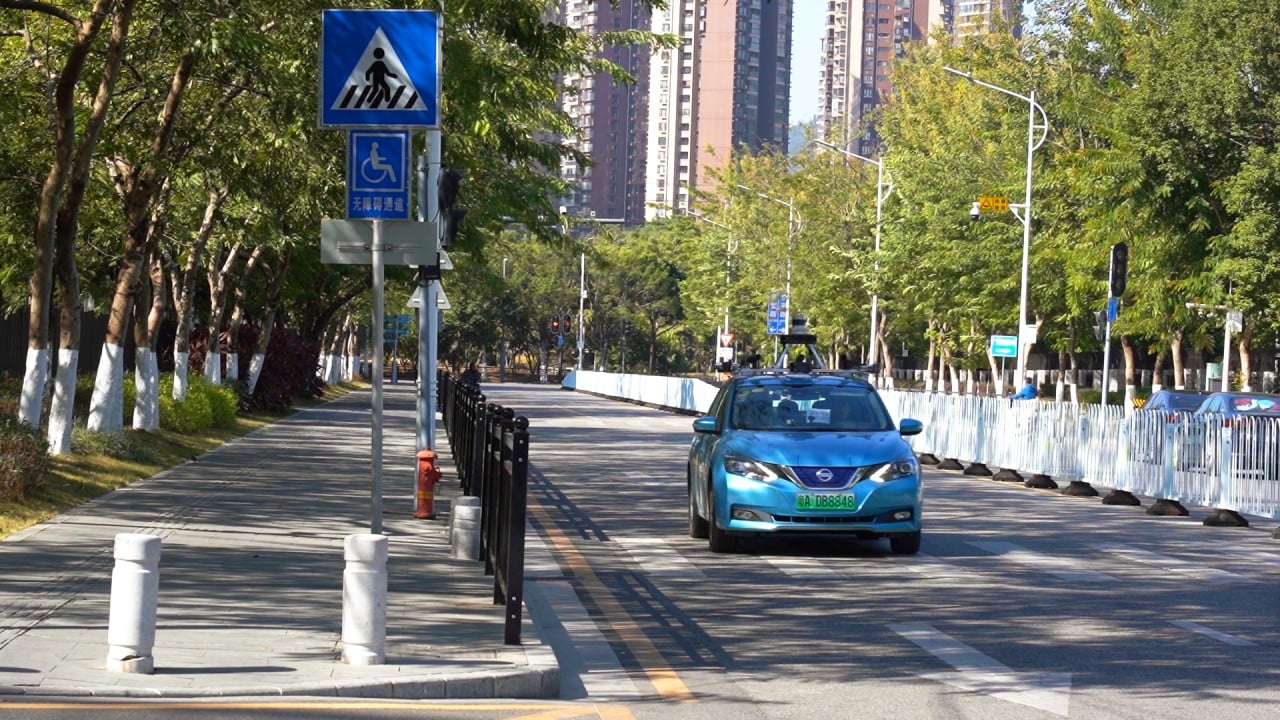
Chinese autonomous driving firm Desay allows Greater Bay Area city Huizhou to steer EV sector
- Desay has been working with BlackBerry and Nvidia to deliver internal computing hubs that can power autonomous driving
- The Shenzhen-listed firm is behind Xpeng’s P7 and is also helping Li Auto develop a Level 4 autonomous driving system
Shenzhen-listed Desay occupies a 100,000 square metre industrial estate in Huizhou’s hi-tech industrial development zone with Desay Battery, a sister company that mainly produces lithium-ion batteries and supplies to Apple.
“China is likely to stay as the largest automotive market, as well as the largest EV market, for years to come,” said Grant Courville, vice-president of products and strategy at BlackBerry QNX, an operating system widely used in cars. China was one of the most important markets for BlackBerry’s automotive business, he added.
Desay did not respond to emailed enquiries made by the Post.
Analysts said they expected Desay’s intelligent driving technology business, including domain controllers, to drive growth in the near term.
Apart from autonomous driving technology, the company also supplies intelligent cockpit systems to foreign carmakers, as well as their Chinese joint venture partners. For instances, it provides infotainment and display systems to Japanese carmaker Mazda and Tianjin FAW Toyota Motor, a joint venture between Toyota and the state-owned FAW Group. Its infotainment system supports Apple’s Carplay. It also supports Baidu’s CarLife, integrating its mapping service and traffic alerts into the cabin display screen.
Chinese technology companies’ mobile internet capabilities are driving the country’s EV sector, according to Zhen Cheng, a director at Desay.
“The concept of an automobile resembles increasingly that of a smartphone. The development of China’s smart vehicle sector has been swift … the reason is exactly because the capability of the mobile internet is spilling over to the automobile sector,” he told a new energy vehicle forum in May.



